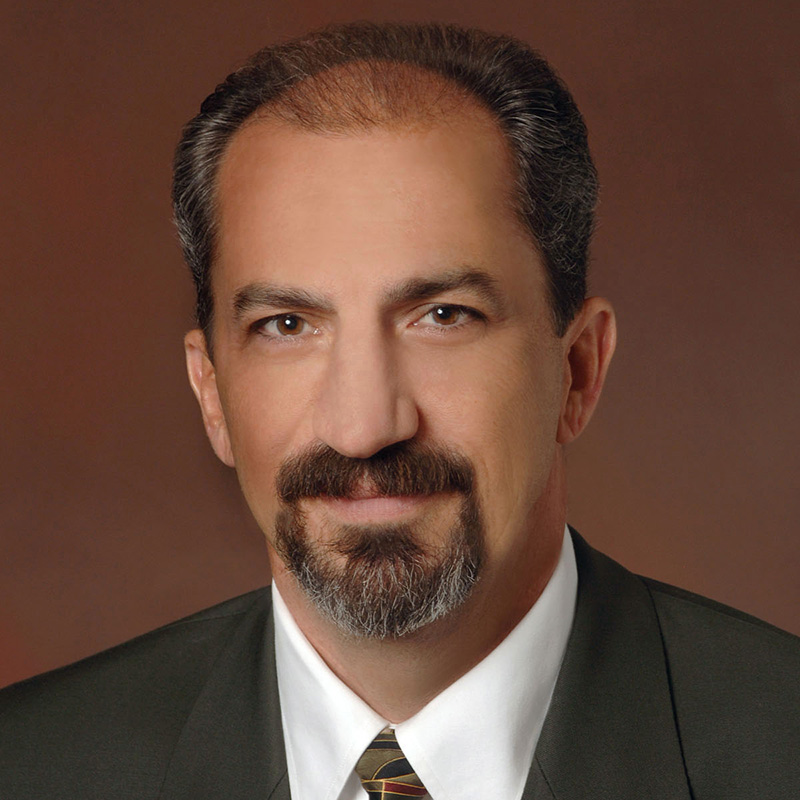
Reason must ultimately prevail
On this day, August 23rd, China moves to take control of Taiwan. Its army begins an intense artillery bombardment of several islands in the Taiwan Strait to probe the American defense of Taiwan, while Taiwanese troops dig in and return fire. The next day, Chinese forces attempt an amphibious landing on a Taiwanese island and are repelled by Taiwan’s Navy. Naval battles ensue as the Chinese attempt to land on other islands and several ships are sunk. The U.S. Secretary of State refers to the situation as a serious nuclear crisis and the Joint Chiefs of Staff determine to defend the islands even if it triggers a nuclear response. Soon, the US Navy is providing naval escorts for Taiwanese convoys to maintain supply channels, including of advanced weapons.
Moscow issues a letter warning that American actions threaten world war and that they will intervene to protect the territorial integrity of Communist China. The President responds by reinforcing the Navy’s Seventh Fleet, deploying howitzers and Nike missile battalions and by sending Air Force fighters to Taiwan to demonstrate support. Artillery shelling continues for several months but China elects not to attack US Navy ships. However, air battles take place between US fighters operated by Taiwan and MiGs flown by China, 31 of which are shot down. The crisis ends in a tenuous stalemate by December, with nearly 3,000 dead and regularly scheduled but contained shelling that continues on for several decades.
This is not a play-by-play prognosis for a potential future conflict. Nor is it my script for a movie I hope to advance during the Hollywood writer’s strike. These are the real-life events that unfolded beginning August 23rd 1958 known as the Second Taiwan Straight Crisis. It was in this environment about a decade later, shortly after the end of the vestiges of the Chinese Exclusion Act that my parents and I fled the crisis in Taiwan to the security and opportunity of America. Yet, more than half a century later, as the world observes and is threatened by the escalation of this unresolved stalemate, we can only hope that reason will prevail.
Next, I’d like to recognize the tragedies caused by the massive wildfires in Maui, Washington and Greece. As those affected communities continue to search for the missing and deceased, Californians have a special understanding of the loss and suffering resulting from climate change induced disasters. Ironically yesterday, as the U.S. Drought Monitor declared California free of its long drought, many in Southern California were recovering and cleaning up from the record rain and floods brought by the first tropical storm to hit the state since 1939. This year’s atmospheric rivers, storms and floods follow on the heels of the three driest years in California’s recorded history, which portends the unpredictable volatility of effects we should expect in the future as the planet continues to warm.
While the scientific consensus has been long established, the political and popular consensus regarding the existence and cause of climate change remains astonishingly in flux. I note that on this day, August 23rd, a scientific paper drafted by Eunice Newton Foote, was presented in New York to the American Association for the Advancement of Science. She was a distant relative of Sir Isaac Newton. She argued and demonstrated that CO2 and water vapor absorbed and held heat from the sun more readily than other gases, and concluded that “an atmosphere of that gas would give our earth a high temperature” – the first research ever to link increased CO2 to global warming. The year of this presentation was 1856 and her paper is considered the first known publication in a scientific journal of physics by a woman.
Eunice Foote and her discovery would go entirely forgotten until a few years ago as the scientific community went on to credit John Tyndall‘s paper three years later for establishing evidence of the Greenhouse effect, perhaps because it was written by a well-known male scientist from a prestigious institution rather than by an activist for women’s rights. Either way, 167 years later, it is bewildering that we find our advanced society ignoring reason and still deeply divided despite overwhelming evidence and increasing tragedies.
A crisis of this magnitude can only be addressed with the full effort and resources of the global community, which is not possible without widespread consensus of the people. As with prospects of nuclear war among global powers, global warming leaves no room for uncertainty, confusion or inaction to preserve our common interests in survival.












































